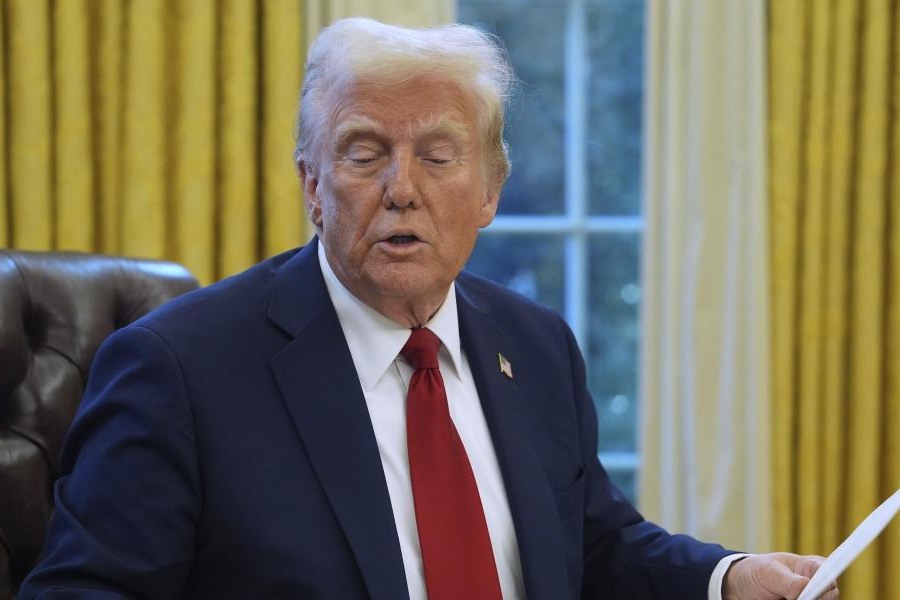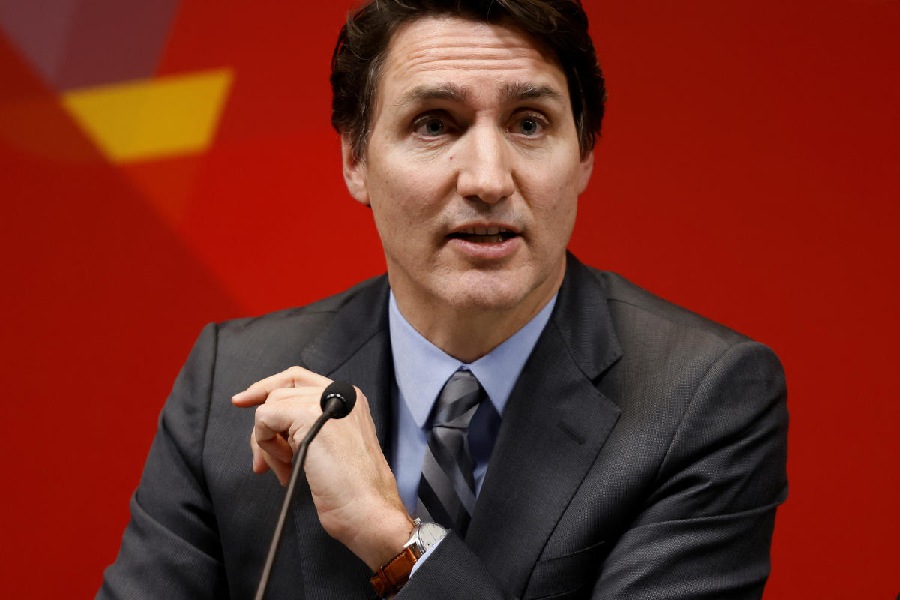Mcleod Russel has signed an exclusivity agreement with Carbon Resources to discuss, negotiate and evaluate a mutually agreeable mechanism for monetisation of assets.
“The board of directors of McLeod Russel India Limited at its meeting held on July 10 have considered and approved the execution of an exclusivity agreement with Carbon Resources Private Limited.
“The companies will exclusively discuss, negotiate and evaluate a mutually agreeable mechanism for monetisation of identified assets of the company for a one-time settlement of the debt owed by the company to its identified lenders, pursuant to a debt resolution process to be undertaken by the lenders,” the company said in a statement to the stock exchanges.
The exclusivity agreement will be in place for less than three weeks.
“This exclusivity arrangement on the proposed asset sale till July 28 is in furtherance to and on terms similar to the exclusivity agreement which was earlier approved by the board of directors and executed by the companyat its meeting held on January 21, 2023, which had expiredon March 31,” the statement said.
The discussion between the two parties back in January had abruptly ended when McLeod Russel was admitted to insolvency.
By settling with the creditors, the company came out of insolvency in May.
Subsequently Carbon Resources offloaded its 5 per cent stake in McLeod Russel in the open market, but the Jalan family, the owners of the company, have returned to the negotiation table to resume dialogue.
Three potential suitors —the Dhunseri group, M.K. Shah Exports and Rossel India —were also in the fray to acquire gardens from the debt trapped company.
Carbon Resources, which manufactures inputs for ferro alloy, aluminium and steel industries, had offered Rs 750 crore to the McLeod promoters. It was hoping to acquire 15 gardens capable of producing 18 million kg of crops.
McLeod has 33 gardens in India producing 42 million kg of tea annually.
The tea producer owes around Rs 1,600-crore in principal to a clutch of banks which collectively suggested a one-time settlement of outstanding loans to resolve the debt woes.









